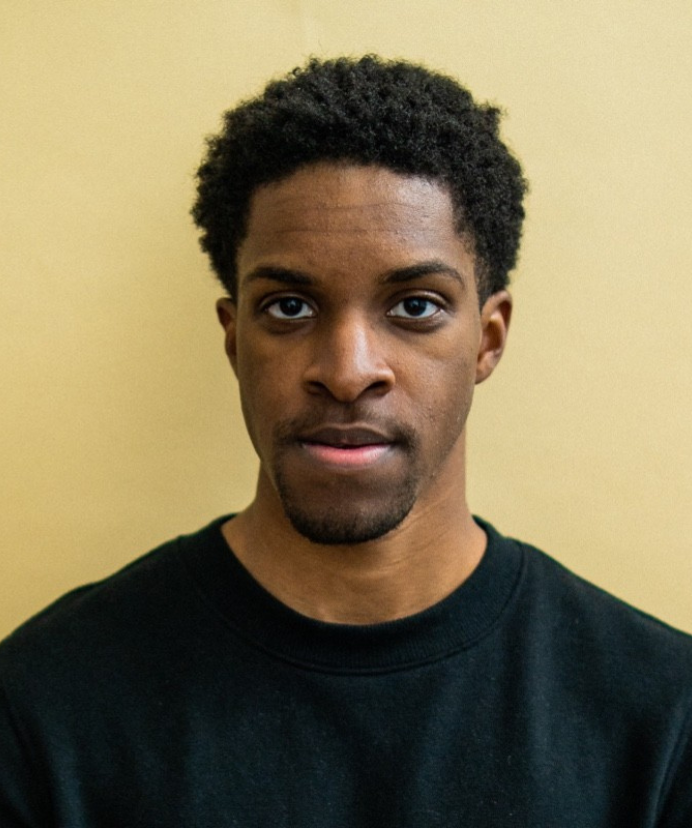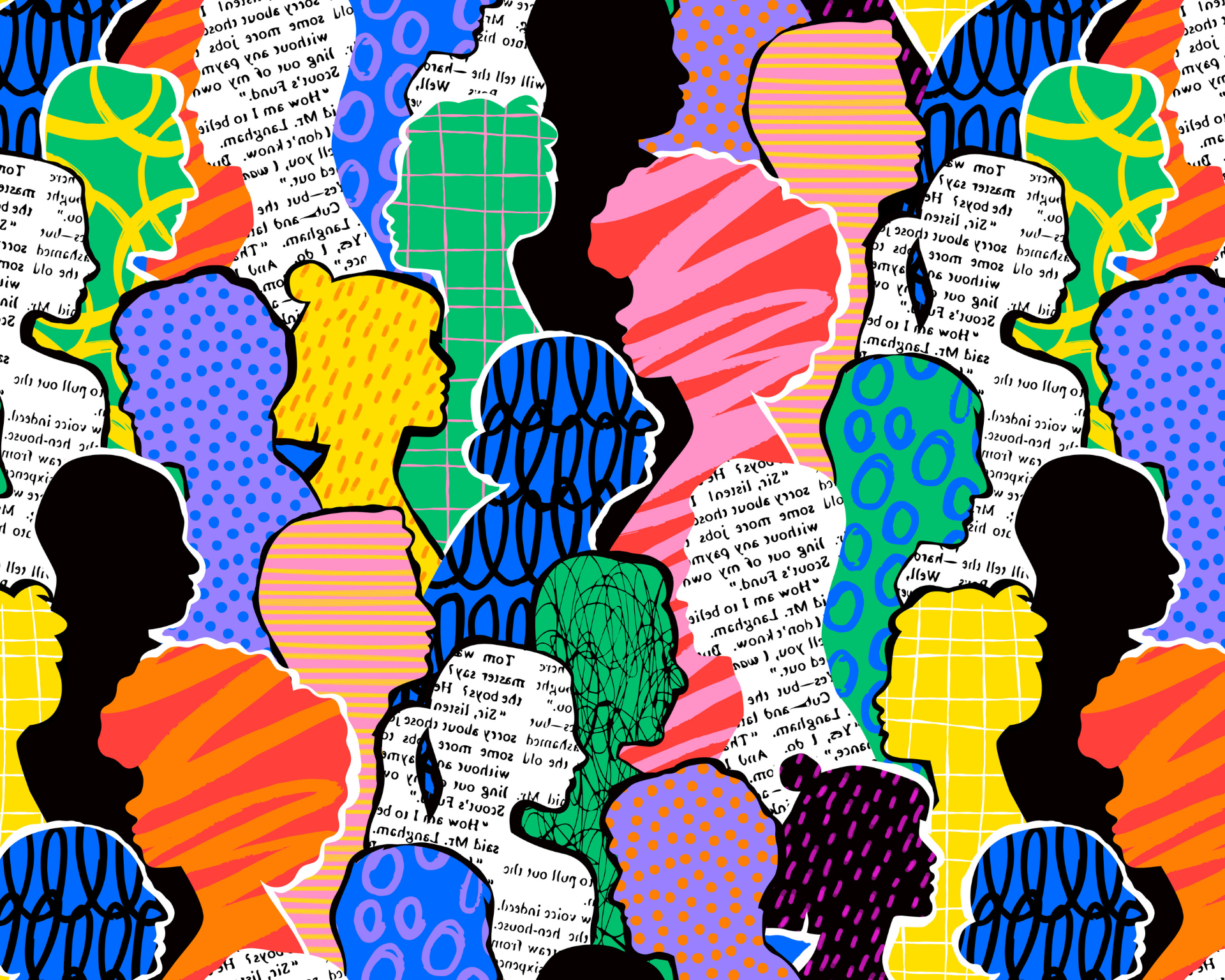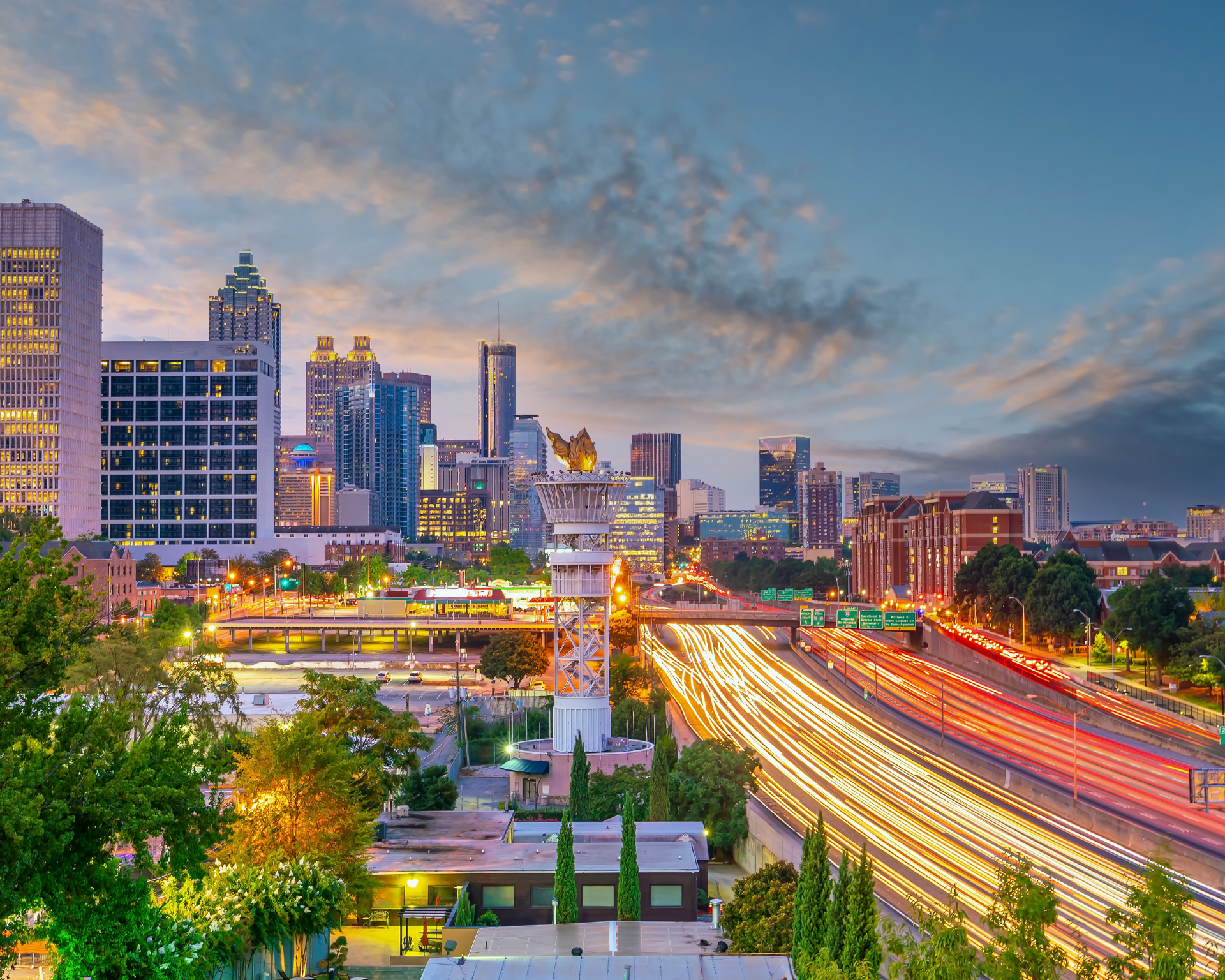Crime and Punishment
America’s vision of crime and punishment sustains racial inequity and rests on state violence. What we need is care and community investment.

Read Time: 3 minutes
Published:
Prison and policing as we know them in the United States should cease to exist. This country imprisons Black people at nearly six times the rate of white people, holds over 400,000 people in local jails without a conviction, and imprisons more people than any other nation in the world. Our 45th president executed more people in the final days of his administration than in six decades prior. The federal government executed a man over 20 years after his being present at a murder he didn’t commit.
America’s vision of crime and punishment sustains racial inequity and rests on state violence. What we need is care and community investment. Only the destruction of the concrete walls of prisons, a dramatic alteration of the practice of policing, the abolition and complete uprooting of the American conception of criminal justice can solve the problems posed by this country’s allegiance to prisons and policing. Public health needs to engage in this fight.
I chose a career in public health because it aspires toward a radical dream where health is a collective condition. And I find similar solace in the abolitionist dream that works to prevent harm and seeks new community-centering solutions. But, as long as police stalk under-resourced communities and the threat of prison looms for too many, these dreams can only ever be dreams.
In the nineteenth century, abolitionists committed to ending slavery. Today, abolitionists aspire to eradicate prisons and change policing. They are working to create a world devoid of inequality where government support in housing, financial security, and health care is ample and equitable.
The summer of 2020 filled the air with calls to “abolish the police” in cities from coast to coast. We must respond to these calls. Now is our chance to build something better.
Public health scholarship in recent years has catalogued the ways prisons, police, and punitive systems of justice harm the communities they are supposed to protect. A short scroll through the research reveals that incarceration rates increase community death rates, police contact harms wellbeing, and classroom discipline puts children on a path to prison.
While chronicling these harmful effects of the carceral archipelago, public health envisions and, when its working, builds systems that promote health for all. Public health goals mirror the abolitionist awareness that, more than anything, achieving an equitable vision of health necessitates policy that envelops communities in the support they need to thrive.
The prison system must go if we’re ever going to have a healthy nation. Defunding simply isn’t enough.
As we move away from the carceral state, the day-to-day care of our citizens requires common sense solutions. Emergency calls for mental health crises can and should be handled by trained mental health providers, not police officers. Our response to substance use should prioritize treatment rather than criminalizing substance use.
An abolitionist public health vision is not mere fantasy. Committed practitioners across the country have been working for decades towards a better future for all of us. They’ve been pragmatic and shrewd, slowly dislodging harmful policies and replacing them with systems better suited to support our communities.
The summer of 2020 filled the air with calls to “abolish the police” in cities from coast to coast. We must respond to these calls. Now is our chance to build something better.
Photo via Getty Images



